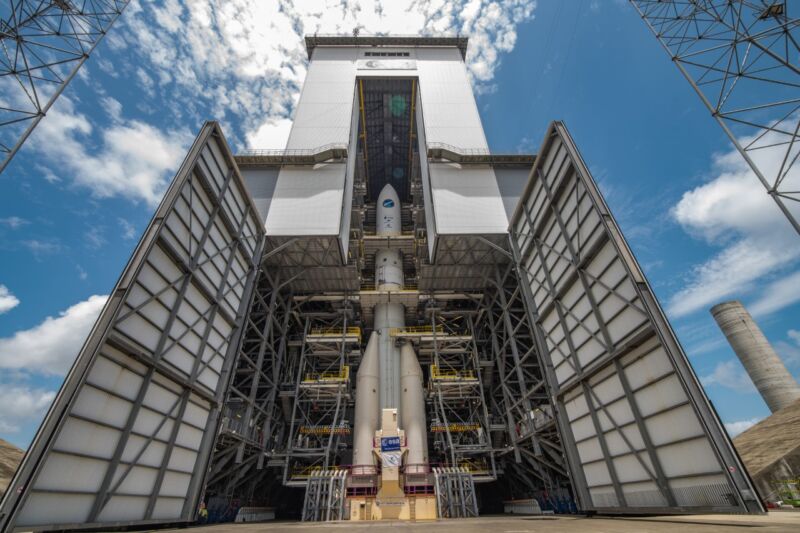European launch chief insists there be no competition with Ariane rockets
Ars Technica » Scientific Method 2023-01-24

Enlarge / A pathfinder version of the Ariane 6 rocket is seen at launch facilities in Kourou, French Guiana. (credit: European Space Agency)
The development of a commercial launch industry in Europe lags behind the United States by about 10 or 15 years, but there are now about a dozen startups in Germany, the United Kingdom, Spain, and France building small rockets sometimes referred to as "microlaunchers."
The European Space Agency and several of these nations have provided a modicum of support to these companies, often in the form of launch contracts worth a few million dollars. But so far, European space institutions have stopped short of assisting these commercial companies more substantially, as NASA did with the commercial cargo and crew programs for the International Space Station.
One reason for this is the entrenched launch monopoly in Europe, Arianespace. Owned by various aerospace suppliers across Europe, the Paris-based launch company markets and operates a small launcher in the form of the Vega C rocket and heavy-lift rockets in the form of the soon-to-be retired Ariane 5 and forthcoming Ariane 6 rocket.